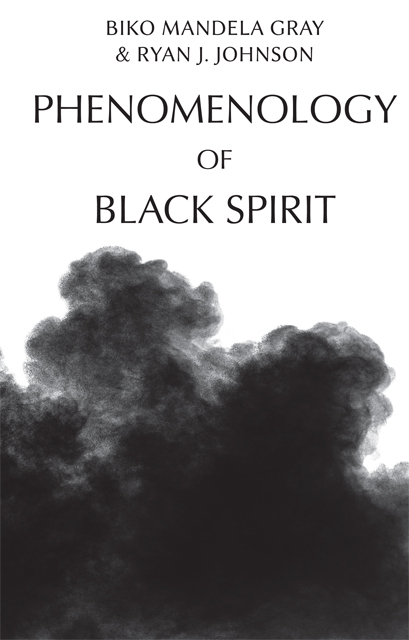2 - Stoicism
Published online by Cambridge University Press: 10 August 2023
Summary
She turned inward. She had to. The cramped space allowed for little else, but it secured something for her, something that would, in the end, enable her to understand herself, to gain a sense of self independent of Dr Flint’s desires. Harriet Jacobs was enslaved, but she also expressed something beyond the slave’s logical dependence.
So too did Booker T. Washington and Ida B. Wells. They had different senses of what this self-fashioning meant. Washington turned to education; Wells took to the pen. They were different and those differences matter. They even tell us something about Hegel. They expose his preoccupation with the movement of the slave. Like the other thinkers in this text, they announce a nagging Blackness at the heart of Hegel’s dialectic.
In this chapter, we sit with Wells and Washington. Hegel might have called them stoics, though we know that this interpretation (or interpellation) is not fully accurate. In sitting with them, we realise that they expose the Blackness of the stoic; in so doing, they also expose how the turn ‘inward’ is not the turn of a singular subject. While Washington’s philosophy has been much maligned in the history of Black Thought, we recognise that, as Kevin K. Gaines says, Washington’s ‘broader vision of uplift signifying collective social aspiration, advancement and struggle [which] had been the legacy of the emancipation era’ is a turn inward to a community.
Wells offered something similar, even as she did it differently. Her vision was one in which Black life could thrive – without the violent interference of whiteness. Her mission is clear: ‘The Afro-American is not a bestial race’, she writes; ‘if this work can contribute in any way toward proving this … I shall feel I have done my race a service’. The turning ‘inward’ was a turn away from whiteness, but it was also a turn outward toward others. This stoicism may resonate with Hegel’s, but it is not so simple. To think with Washington – and perhaps more so with Wells – is to turn toward Black life as a form of communal commitment.
Stoicism
We are not saying that Hegel was not concerned with something bigger than the individual subject.
- Type
- Chapter
- Information
- Phenomenology of Black Spirit , pp. 73 - 100Publisher: Edinburgh University PressPrint publication year: 2022

